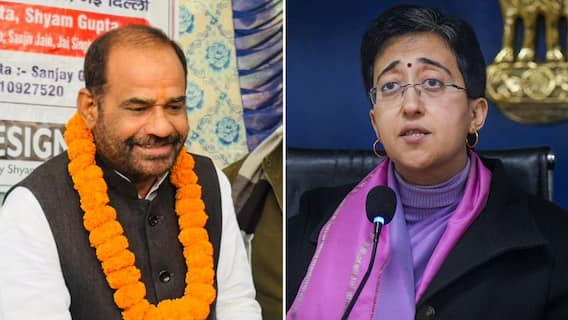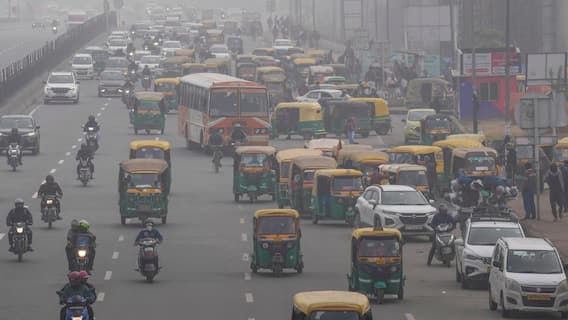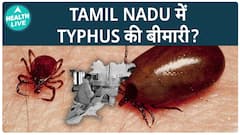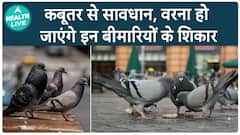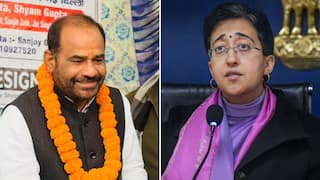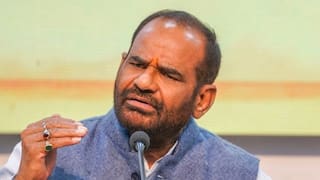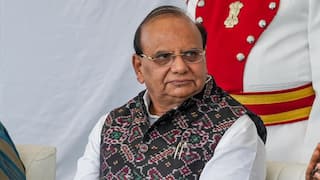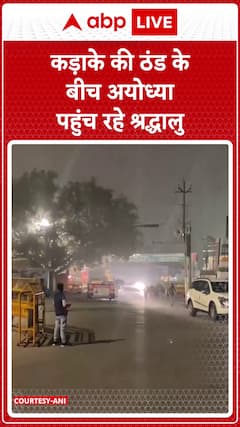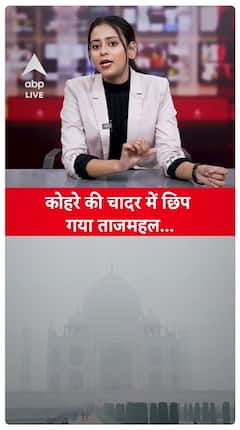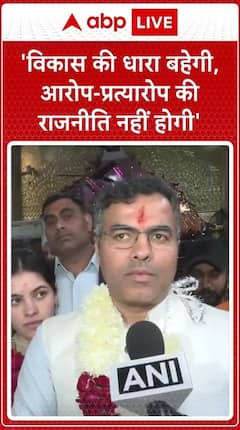Explorer
Advertisement
WhatsApp selects 20 teams to curb fake news globally, including India
The research examines the ways in which WhatsApp users understand and find solutions to the spate of "WhatsApp lynchings" that has killed over 30 people so far.

After being asked by the central government to take steps to stop the spread of disinformation on its platform, WhatsApp on Wednesday roped in New Delhi-based non-profit Digital Empowerment Foundation (DEF) to create awareness among its users about the need to verify information. (PTI)
New Delhi: Facebook-owned WhatsApp on Tuesday announced that it has selected 20 research teams worldwide - including experts from India and those of Indian origin -- who will work towards how misinformation spreads and what additional steps the mobile messaging platform could take to curb fake news.
Shakuntala Banaji from London School of Economics and Political Science (LSE), Anushi Agrawal and Nihal Passanha from Bengaluru-based media and arts collective "Maraa" and Ramnath Bhat from LSE have been selected for the paper titled "WhatsApp Vigilantes? WhatsApp messages and mob violence in India".
The research examines the ways in which WhatsApp users understand and find solutions to the spate of "WhatsApp lynchings" that has killed over 30 people so far.
The Indian government has also directed WhatsApp to take necessary remedial measures to prevent proliferation of fake and, at times, motivated/sensational messages on its platform.
Among others selected were Vineet Kumar from Ranchi-headquartered Cyber Peace Foundation (principal investigator), Amrita Choudhary, President of the Delhi-based non-profit Cyber Café Association of India (CCAOI) and Anand Raje from Cyber Peace Foundation.
They will work as a team on the paper titled "Digital literacy and impact of misinformation on emerging digital societies".
P.N. Vasanti from Centre for Media Studies in New Delhi woll work withS. Shyam Sundar, The Pennsylvania State University (Principal Investigator) to examine the role of content modality in vulnerability to misinformation, under the topic titled "Seeing is Believing: Is Video Modality More Powerful in Spreading Fake News?"
WhatsApp had issued a call for papers in July this year and received proposals from over 600 research teams around the world.
"Each of the 20 research teams will receive up to $50,000 for their project (for a total of $1 million)," WhatsApp said in a statement.
Lipika Kamra from O.P. Jindal Global University and Philippa Williams from the Queen Mary University of London (Principal Investigator) will examine the role of WhatsApp in everyday political conversations in India, in the context of India's social media ecosystem.
According to Mrinalini Rao, lead researcher at WhatsApp, the platform cares deeply about the safety of its over 1.5 billion monthly active users globally and over 200 million users in India.
"We appreciate the opportunity to learn from these international experts about how we can continue to help address the impact of misinformation," Rao said.
"These studies will help us build upon recent changes we have made within WhatsApp and support broad education campaigns to help keep people safe," she added.
The recipients are from countries including Brazil, India, Indonesia, Israel, Mexico, Netherlands, Nigeria, Singapore, Spain, the UK and US.
WhatsApp said it is hosting them in California this week so they can hear from product leaders about how it builds its product.
"Given the nature of private messaging - where 90 per cent of the messages sent are between two people and group sizes are strictly limited - our focus remains on educating and empowering users and proactively tackling abuse," said the company.
WhatsApp recently implemented a "forward label" to inform users when they received a message that was not originally written by their friend or loved one. To tackle abuse, WhatApp has also set a limit on how many forwards can be sent.
In India, WhatsApp has partnered with the Digital Empowerment Foundation to train community leaders in several states on how to address misinformation.
"We are also running ads in several languages -- in print, online, and on over 100 radio stations -- amounting to the largest public education campaign on misinformation anywhere in the world," the company noted.
Sayan Banerjee from University of Essex, Srinjoy Bose from University of New South Wales and Robert A. Johns from University of Essex will study "Misinformation in Diverse Societies, Political Behaviour & Good Governance".
Santosh Vijaykumar from Northumbria University, Arun Nair from Health Systems Research India Initiative and Venkat Chilukuri, Srishti Institute of Art, Design and Technology are part of the team that will study "Misinformation Vulnerabilities among Elderly during Disease Outbreaks".
Follow Breaking News on ABP Live for more latest stories and trending topics. Watch breaking news and top headlines online on ABP News LIVE TV
View More
Advertisement
Trending News
Advertisement
Advertisement
Top Headlines
Election 2024
Cities
World
Cities
Advertisement


Sayantan Ghosh
Opinion






